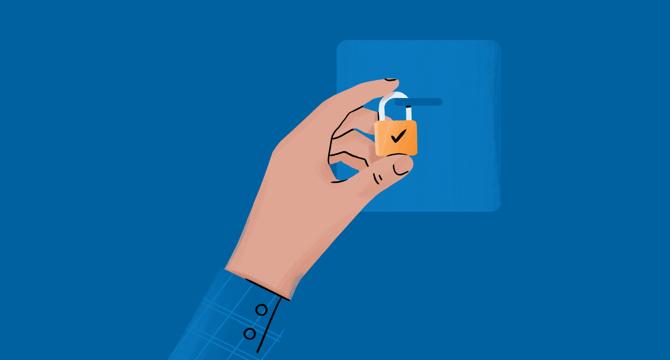Fb
1M
283

Image Credit: Fb
Protecting user data through source code analysis at scale
- Meta's Anti-Scraping team uses static analysis tools to prevent unauthorized scraping and protect Meta's codebase from scraping attacks.
- Scraping is the automated collection of data, which can be authorized or unauthorized, with unauthorized scraping being harder to detect.
- Meta employs proactive measures like investigating suspected scraping activities and developing static analysis rules to prevent scraping vectors.
- Static analysis tools like Zoncolan and Pysa help in identifying potential scraping issues early and ensuring timely remediation.
- These tools track data flow through programs by defining sources, sinks, and issues to detect scraping vulnerabilities.
- Static analysis can proactively identify scraping attack vectors, such as endpoints controlling user data, enabling preemptive remedies.
- Limitations of static analysis in combating unauthorized scraping include the inability to catch all issues due to scrapers mimicking legitimate user behavior.
- Mitigation strategies involve a holistic approach to combat scraping and stay ahead of scraping actors without hindering user experience.
- Meta focuses on developing static analysis rules and utilizing in-house tools to protect user data and uphold privacy standards.
- The efforts aim to detect, prevent, and address unauthorized scraping activities across platforms like Facebook, Instagram, and Reality Labs.
Read Full Article
15 Likes
For uninterrupted reading, download the app